Acesse a sua conta getAbstract para obter o resumo!
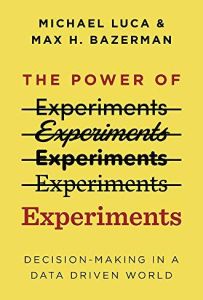
Acesse a sua conta getAbstract para obter o resumo!
Michael Luca and Max H. Bazerman
The Power of Experiments
Decision-Making in a Data-Driven World
MIT Press, 2020
Sobre o que é?
Why rely on intuition or guesswork when you can easily and cheaply test ideas, products and changes?
Recommendation
Organizations big and small rely on experiments to test ideas, research products and services, gauge consumer response and inform decision-making. Once the purview of medicine, academia and social science, experimentation has expanded into almost every field, providing leaders with data to develop and deliver improved goods and services, upgrade practices and benefit society. Harvard Business School professors Michael Luca and Max H. Bazerman believe that the insights and advantages research provides for business, consumers and citizens outweigh the potential for misuse.
Summary
About the Authors
Michael Luca is an associate professor of business at Harvard Business School and contributes to The Atlantic, The Wall Street Journal and Harvard Business Review. Fellow Harvard professor Max H. Bazerman is the author of Better, Not Perfect and The Power of Noticing, and co-author of Blind Spots.









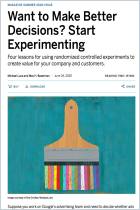

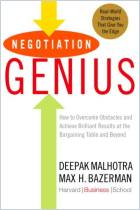
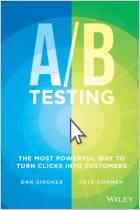
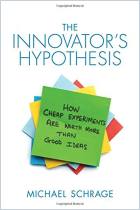



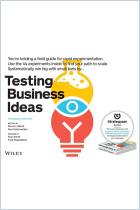







Comment on this summary